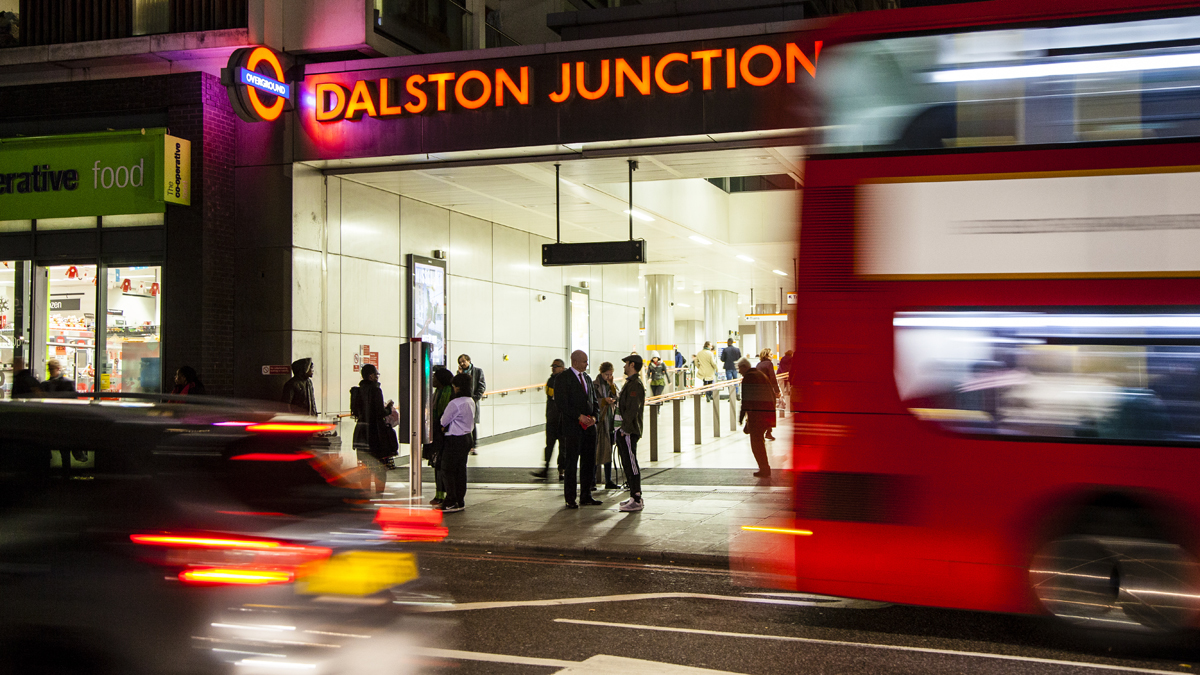What dates are the tube, train and Overground strikes?
It may be a new year, but it’s the same old story when it comes to London’s trains. After lots of disruption over the festive period, rail and Overground strikes are continuing into 2023.
London transport got off to a shaky start this year with the first week of January being dominated by RMT and Aslef strikes, and there are more on the horizon.
When is the Elizabeth line strike?
TSSA union has voted for strike action for its members working on the Elizabeth line. The walkout is planned to take place on Thursday January 12.
Are there more transport strikes planned for London in the future?
Yes. The RMT has confirmed that there will be a further six months of strikes on London Underground in 2023 following a ballot: 94 percent of its members voted to continue industrial action over pay and pensions.
Aslef also will give notice to TfL this week that it plans to ballot its members over more strikes that will shut down the Underground. The main tube drivers’ union will ask its 2,000 members to vote on action over feared changes to working conditions and pensions. The result is expected on February 15, meaning strikes could be in early March.
What about the rest of the UK?
We’ve just had a week of nationwide industrial action. No further strikes have been announced yet, but there are likely to be more in the pipeline. We’ll update the details here.
Will strikes affect the Eurostar?
Eurostar will assess how the RMT strikes will affect its timetable when strikes are announced. You can keep up with all the latest details here.
Why are train workers striking?
The RMT has been fighting for a pay rise and better working conditions for a year.
In a statement about the January strikes, the union said: ‘Despite every effort made by our negotiators, it is clear that the government is directly interfering with our attempts to reach a settlement. The union suspended previous strike action in good faith to allow for intensive negotiations to resolve the dispute.
‘Yet Network Rail have failed to make an improved offer on jobs, pay and conditions for our members during the last two weeks of talks. At the same time Rail Delivery Group, representing the train operating companies, have also broken a promise to make a meaningful offer on pay and conditions and even cancelled negotiations that were due to take place yesterday.’
Lynch said: ‘This latest round of strikes will show how important our members are to the running of this country and will send a clear message that we want a good deal on job security, pay and conditions for our people.
‘We have been reasonable, but it is impossible to find a negotiated settlement when the dead hand of government is presiding over these talks. The employers are in disarray and saying different things to different people, sometimes at the same time.’
For tube workers, the concern is working conditions and pensions. On January 9 Finn Brennan, Aslef district organiser for London, told the Evening Standard: ‘TfL and the government are due to announce the details of their pension proposal by the end of this month. Our members have been very clear that they will not stand passively by while the income they expect in retirement is drastically slashed.’
‘Using the buzz words of “flexibility” and “modernisation“, TfL want to make huge cuts to staff numbers and increase the workload of those remaining at the same time as removing the agreed procedures on discipline and attendance management,’ he added.
What will the proposed anti-strike laws mean for rail strikes in London?
Earlier this month the government announced controversial new industrial action laws. Rishi’s proposed anti-strike legislation would ensure ‘minimum service levels’ in key public services, including trains, making it pretty difficult for things to grind to a complete halt.
The law, which the government wants to introduce in the next few weeks, would allow bosses in rail, health, fire, ambulance, education and nuclear commissioning to sue unions and even sack employees if minimum services aren’t met during strikes.
However, many including opposition leader Kier Starmer have expressed concern that these laws could infringe on workers’ fundamental rights. It also begs the question, if strikes are designed to disrupt, wouldn’t these laws defeat the point altogether?
As for London trains, the legislation could make strike action less severe – with a minimum service met it would be rare for there to be absolutely no tubes, overground or trains.
If you are a writer then you can write for us
 Lifeyet News Lifeyet News
Lifeyet News Lifeyet News





